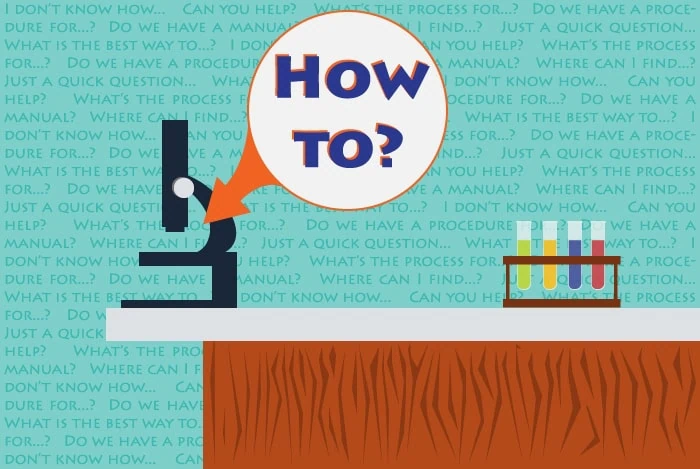Having the Right Perspective
2 Mar 2017
It is a common pitfall, especially in the tech industry, to assume that known tasks are therefore easy tasks. That just because you know how to do something (and that everyone in your office knows how to do the same thing), it is actually common knowledge.
What do I mean by this?
Let me give you an example: I was recently having a conversation with one of our developers about a new piece of software I wanted to introduce and had been testing for a couple days.
This is a techie guy, he writes code for a living after all, but I was finding myself getting frustrated that he hadn’t worked out all the correct settings and ever where to look to get to these settings. He was similarly frustrated with my assumption that he would know where everything was.
I had fallen into this idea that, just because I knew how to navigate this particular piece of software, it was easy to use.
It’s actually quite a common problem…
You may think I was just being unreasonable, but this is actually a pretty common problem.
Remember your uphill battle when you first started your job—there was so much to learn and everyone else made it look so easy, they just knew the information. They knew it so well that they forgot to teach it to you, because they thought of it as common knowledge now.
It’s why writing FAQs, how to guides, and training manuals is so difficult. You have to remember what it was like to start right at the beginning, without all this accumulated knowledge you don’t even realise you’ve had to acquire.
So what can you do?
There’s no easy solution here, I’m afraid, but I do have one trick that can help.
Get someone else to write your FAQs, training manuals, and procedural documents.
No really, I’m not just passing the buck.
When we develop a new feature, the people writing the actual code will write up a quick guide on how it is supposed to work. This doesn’t leave the building.
Then the Project Manager who oversaw the work will edit this text to turn it into a usable guide.
But they already know how it works, so can easily fall into the same pattern of assuming a certain level of knowledge.
So a third person, someone who has never seen the feature before, will run through the FAQ to see if they can follow it. They will then fill in the gaps of assumed knowledge, remembering to direct people how to get to a certain Settings page or linking to additional guidance on how another element of the system works.
It’s not perfect and, like all tech companies, we are constantly working to improve our FAQs. But it helps us overcome the worst of this problem.
Implementing a similar process, whereby you get inexperienced users to test and edit your guides and how to’s, can go a long way to showing you where your assumptions are and start plugging these gaps.
Before I got my start in the tech industry as part of Apple’s UK Mac launch team, I was a professional drummer (notice I didn’t say musician). But once I got in, I was hooked and I’ve been involved in the tech industry, primarily software development, for over 35 years. I founded this company and I now have the enviable title of System Architect (as well as Managing Director) here at OpenCRM.